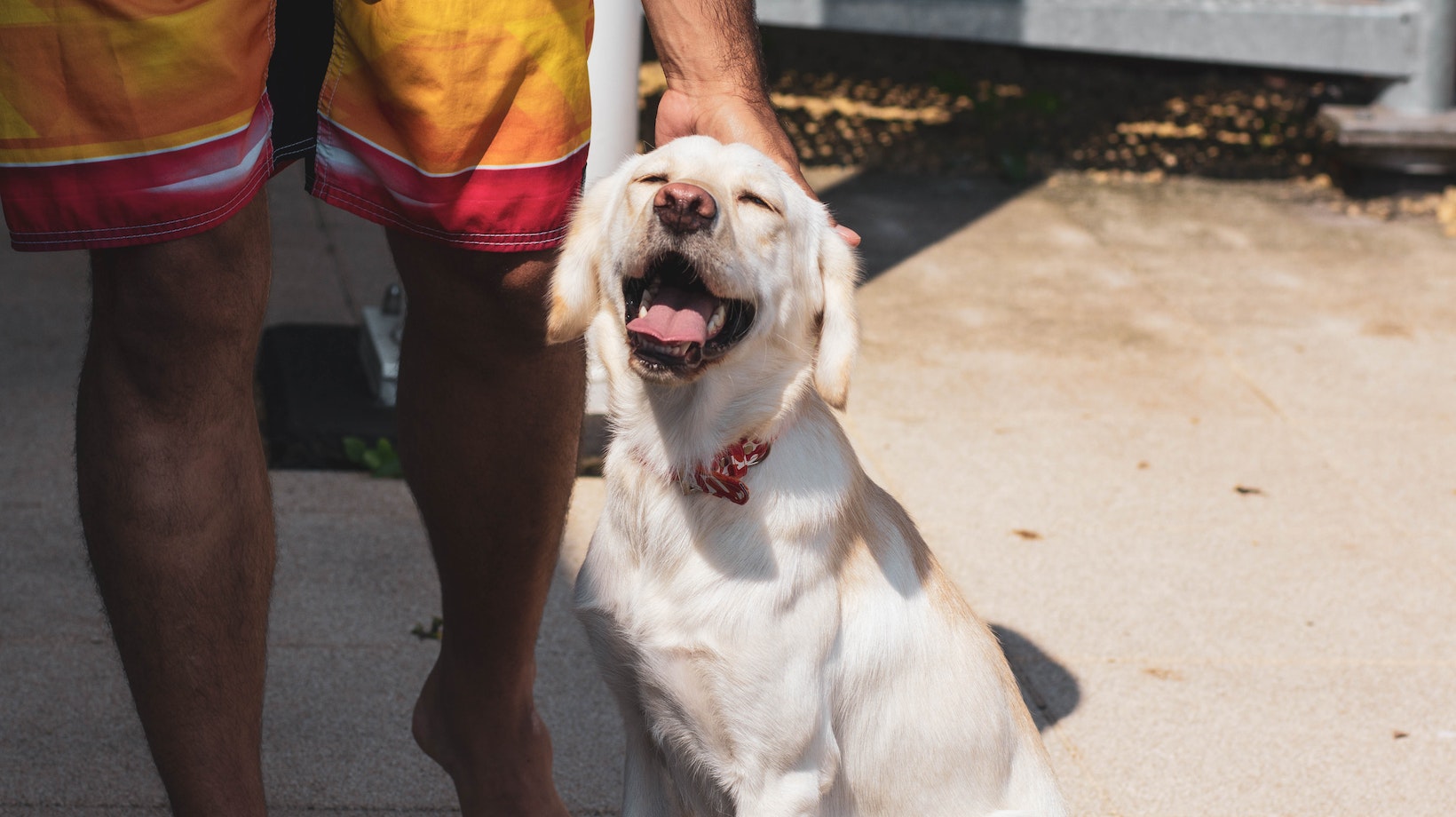How To Get My Puppy To Poop Outside
Getting my puppy to poop outside can be a challenging task, but with the right approach and consistency, it is definitely achievable. Potty training is an essential part of raising a dog, and teaching them to eliminate outdoors helps maintain cleanliness in our homes. In this article, I’ll share some effective strategies on how to get your puppy to poop outside.
Firstly, establish a consistent routine for bathroom breaks. Take your puppy out frequently, especially after meals, playtime, or naps. This will help them associate going outside with the need to eliminate. Be patient during these outings and give your pup enough time to do their business.
Secondly, choose a designated spot in your yard where you want your puppy to go potty. Take them directly to that spot each time you go outside for bathroom breaks. Using cues like “go potty” or “do your business” while they are eliminating can help create an association between the cue and the action.
Additionally, positive reinforcement plays a crucial role in training puppies. Whenever your pup successfully poops outside, praise them enthusiastically and reward them with treats or verbal encouragement. This positive reinforcement helps reinforce the desired behavior.
The Importance Of Housebreaking Your Puppy
- Establishing Proper Elimination Habits: By housebreaking your puppy, you are teaching them where it is appropriate to relieve themselves. This helps prevent accidents inside the house, saving you from having to constantly clean up messes. Through consistent training, they will learn to associate going outside with bathroom breaks, making it easier for them to understand where they should do their business.
- Promoting Health and Hygiene: Encouraging your puppy to poop outside reduces the risk of indoor contamination and the spread of bacteria or parasites that can affect both humans and pets alike. By eliminating outdoors, puppies have access to fresh air and natural surfaces that can aid in proper digestion and bowel movements.
- Strengthening the Bond: Housebreaking sessions provide an excellent opportunity for you to bond with your puppy. Consistently taking them outside at regular intervals allows for quality time spent together, reinforcing trust, communication, and positive reinforcement techniques.
- Preventing Behavioral Issues: A properly housebroken dog is less likely to develop behavioral problems such as anxiety or aggression associated with indoor accidents or confusion about where they should eliminate. Establishing clear boundaries early on helps set expectations for your puppy’s behavior as they grow older.
- Boosting Independence: Successfully housebreaking your puppy empowers them with a sense of independence by teaching them self-control over their bodily functions. This newfound independence contributes positively to their overall development and well-being.
Sources:
- American Kennel Club: https://www.akc.org/
- The Spruce Pets: https://www.thesprucepets.com/ Positive Reinforcement: Rewarding Successful Elimination

Potty Training Your Puppy
Timing is key: To maximize the effectiveness of positive reinforcement, make sure to reward your puppy immediately after they’ve successfully eliminated outside. This will help them associate the reward with the specific behavior you’re trying to reinforce.
- Choose the right rewards: Find out what motivates your puppy and use that as a reward for their good behavior. It could be small treats, verbal praise, or even playtime with their favorite toy. Experiment with different rewards to see what works best for your furry friend.
- Be consistent: Consistency is crucial when using positive reinforcement techniques. Make sure everyone in your household follows the same approach and uses consistent cues and rewards for successful elimination outside.
- Use a designated potty area: Create a specific spot in your yard where you want your puppy to eliminate. Take them there every time they need to go and give them plenty of opportunities to succeed.
- Keep calm and patient: Potty training takes time and patience, so it’s important not to get frustrated or lose hope if accidents happen indoors. Stay calm, clean up any messes without punishment, and continue reinforcing good behavior when they do eliminate outside.
Remember, every puppy is unique, so it may take some trial and error to find the most effective positive reinforcement techniques for your furry friend. With consistency, patience, and plenty of encouragement along the way, you’ll soon have a well-trained pup who knows exactly where they should be doing their business!